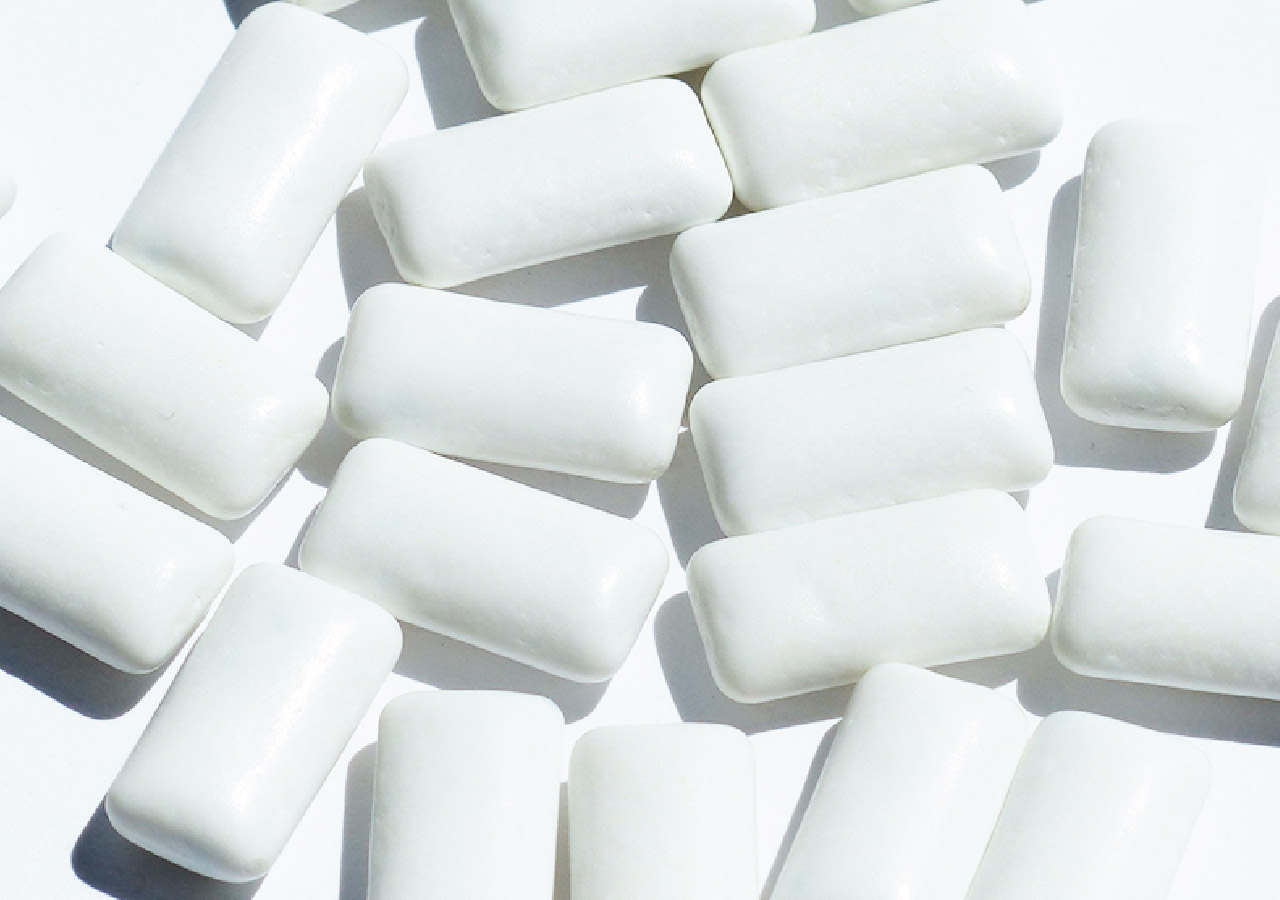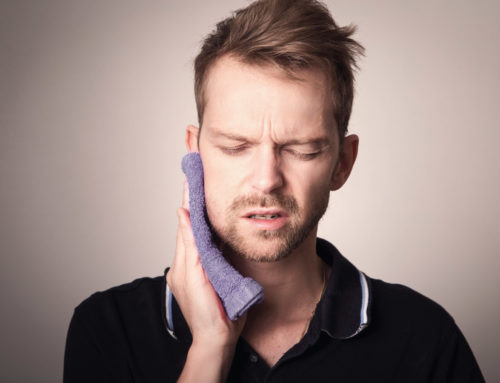Bad breath, also known as halitosis, is a common condition that can be caused by a variety of factors. Some of the most common causes of bad breath include:
- Poor oral hygiene: Not brushing and flossing regularly can lead to a buildup of plaque and bacteria on the teeth and gums, which can cause bad breath.
- Food: Certain foods, such as garlic, onions, and spicy foods, can cause bad breath. The odors from these foods can be absorbed into the bloodstream and carried to the lungs, where they are exhaled.
- Dry mouth: Saliva helps to neutralize the bacteria in the mouth that can cause bad breath. When the mouth is dry, there is less saliva to wash away bacteria and food particles, which can lead to bad breath.
- Tobacco: Smoking or using other tobacco products can cause bad breath, as well as discolor teeth and increase the risk of oral cancer and other health problems.
- Sinus and respiratory infections: Sinus and respiratory infections can cause bad breath by producing post-nasal drip, which can leave a sour or metallic taste in the mouth.
- Gastrointestinal issues: Gastrointestinal issues such as acid reflux and chronic constipation can also lead to bad breath.
- Medications: Some medications can cause dry mouth, which can lead to bad breath.
- Medical conditions: Certain medical conditions such as diabetes, liver or kidney problems, and gastrointestinal disorders can also cause bad breath.
Regular dental check-ups, good oral hygiene practices, and a healthy diet can help to prevent and treat bad breath. If bad breath persists despite good oral hygiene, it’s best to consult with a dentist or physician to determine the underlying cause and appropriate treatment.



